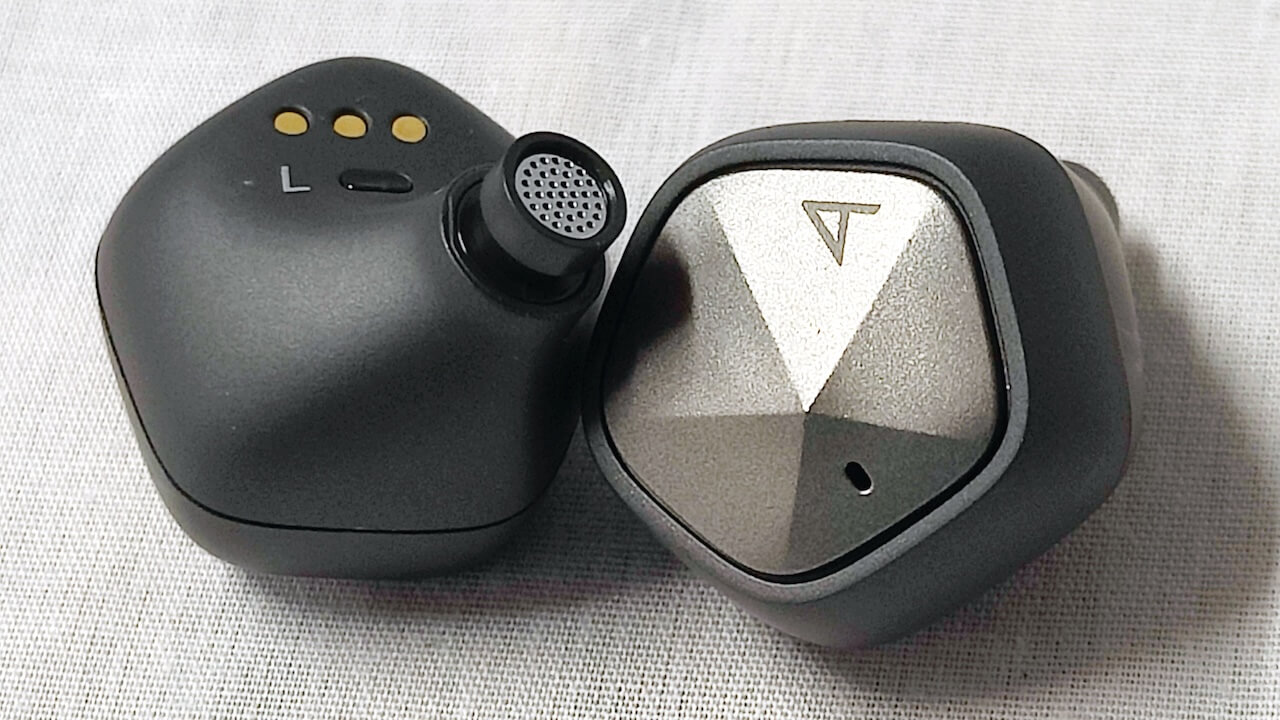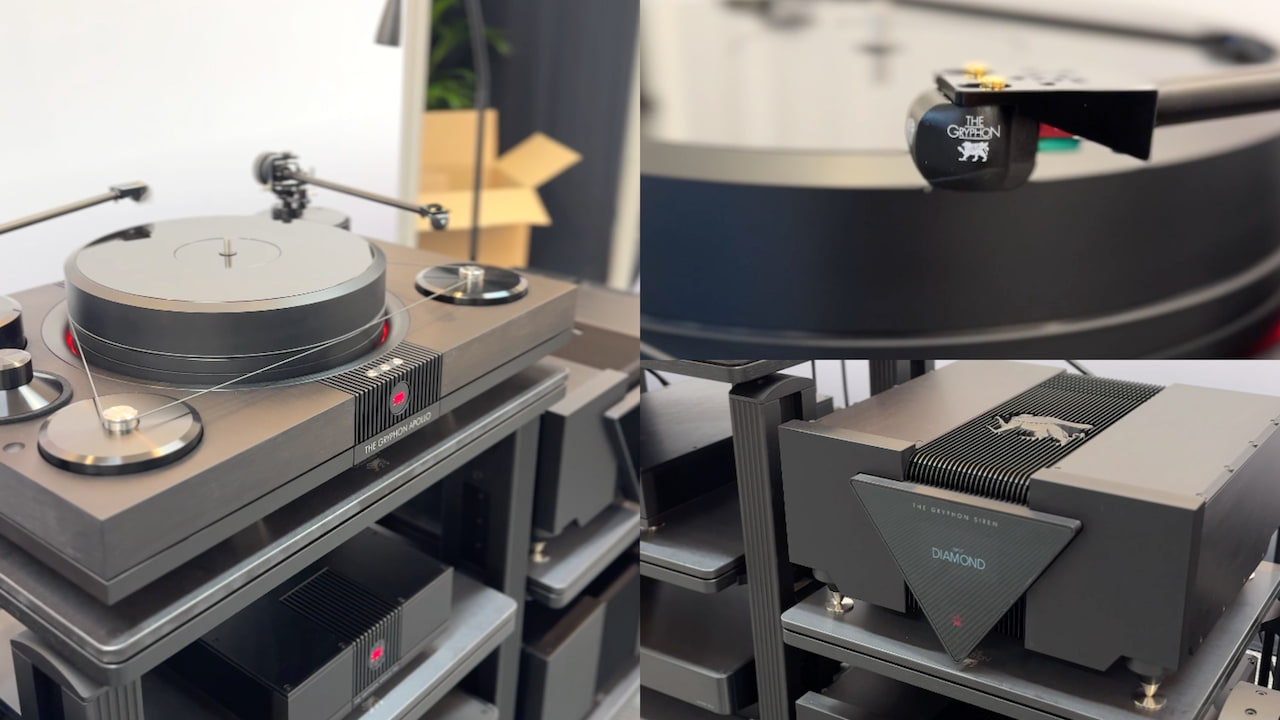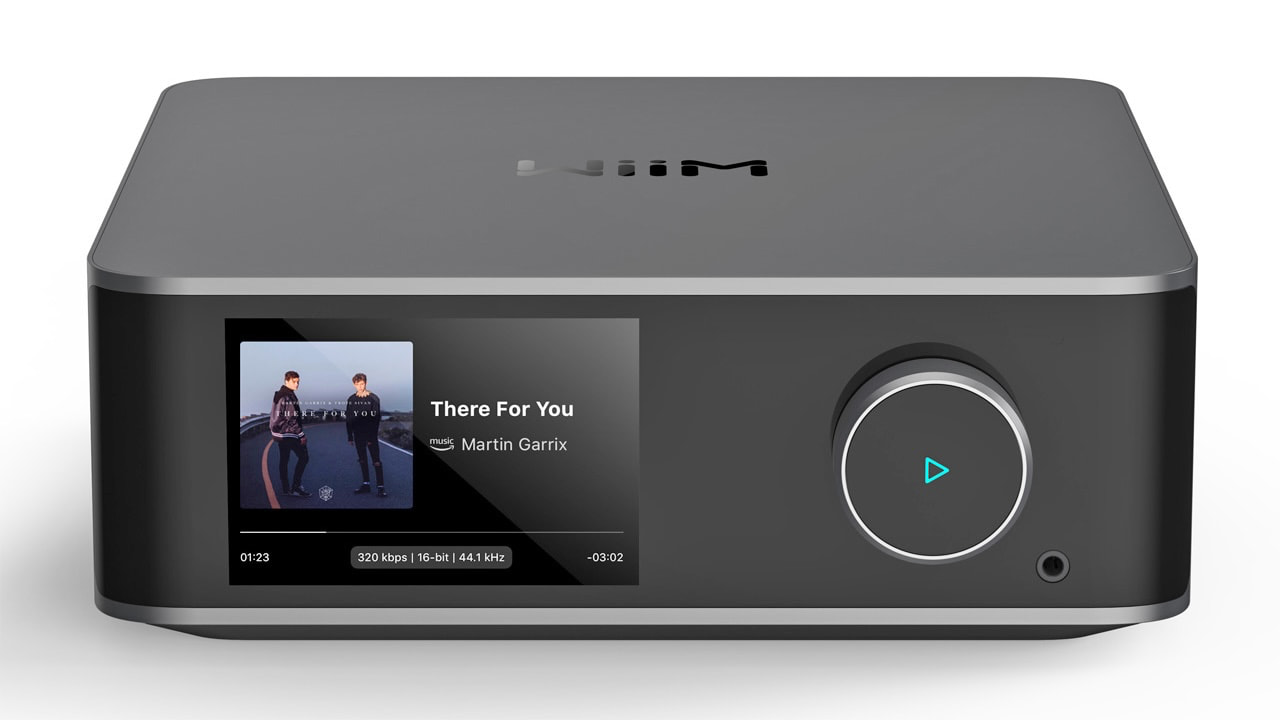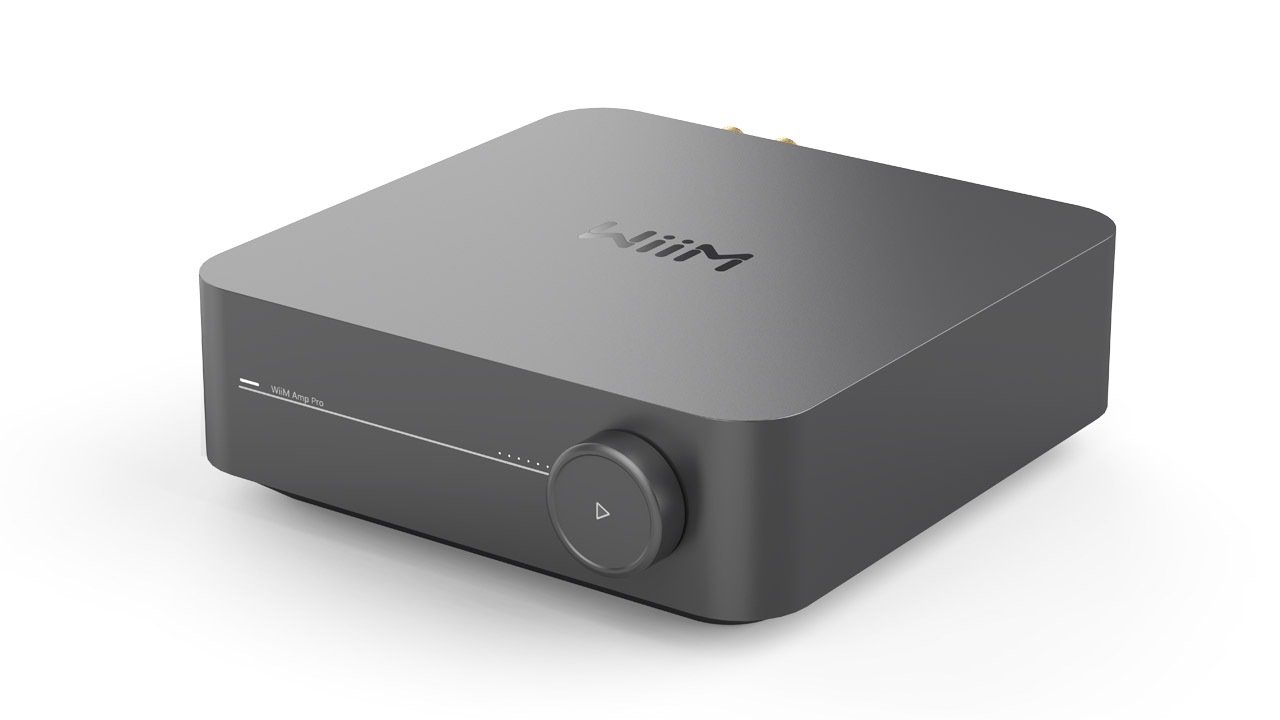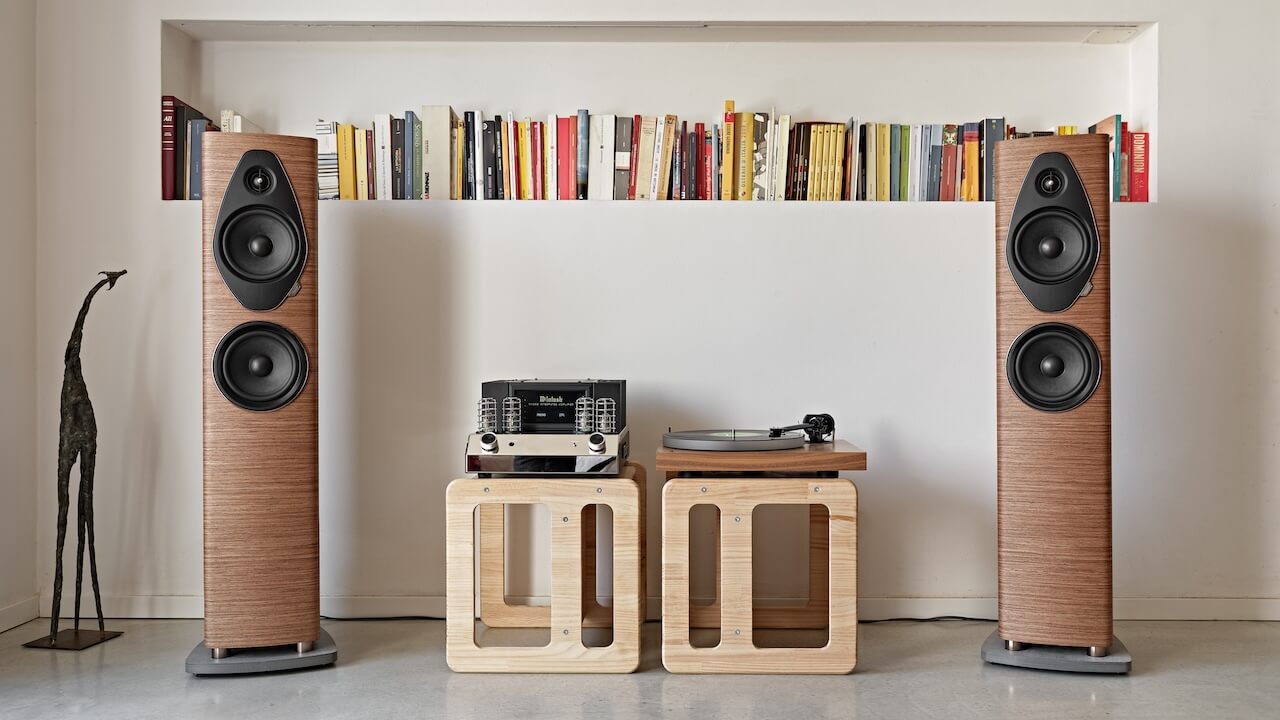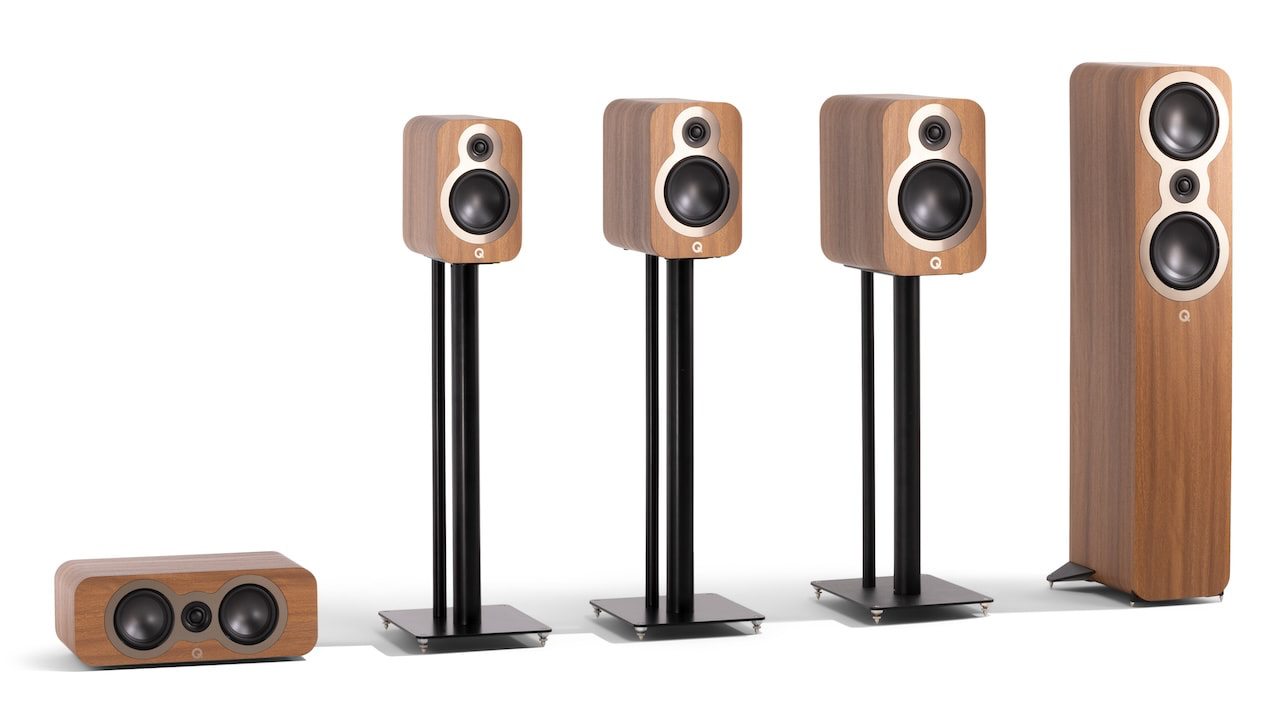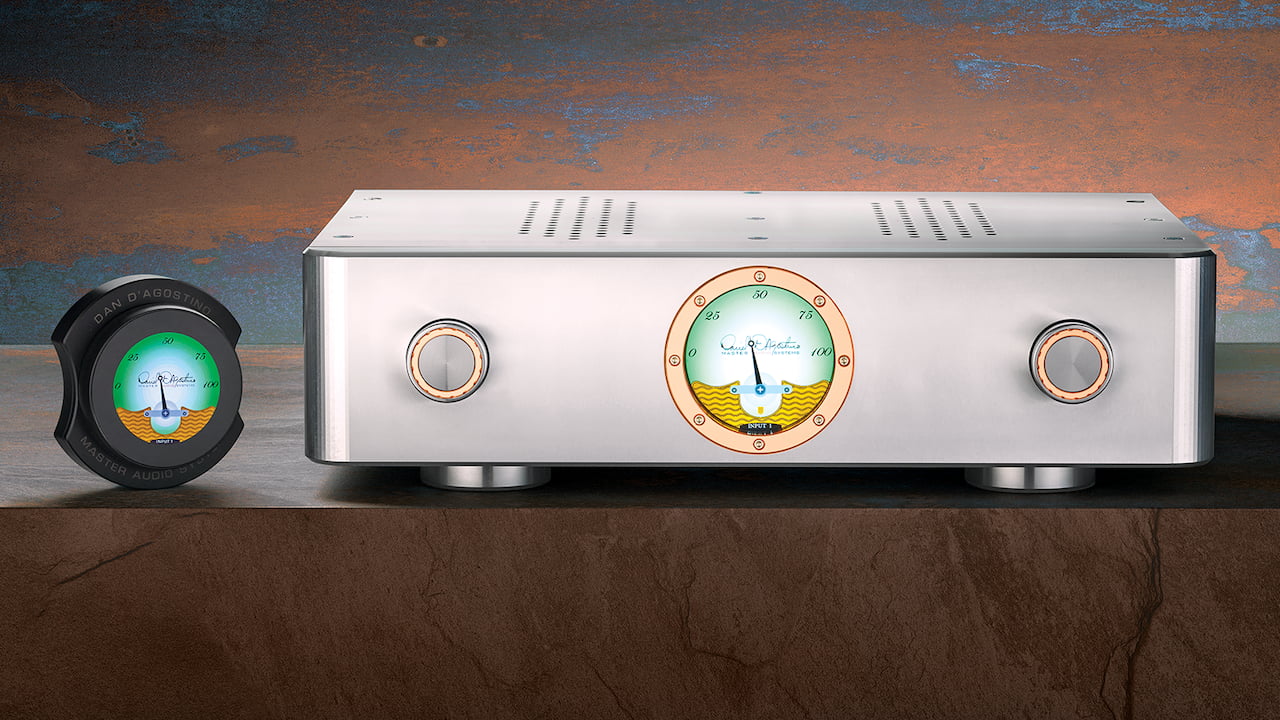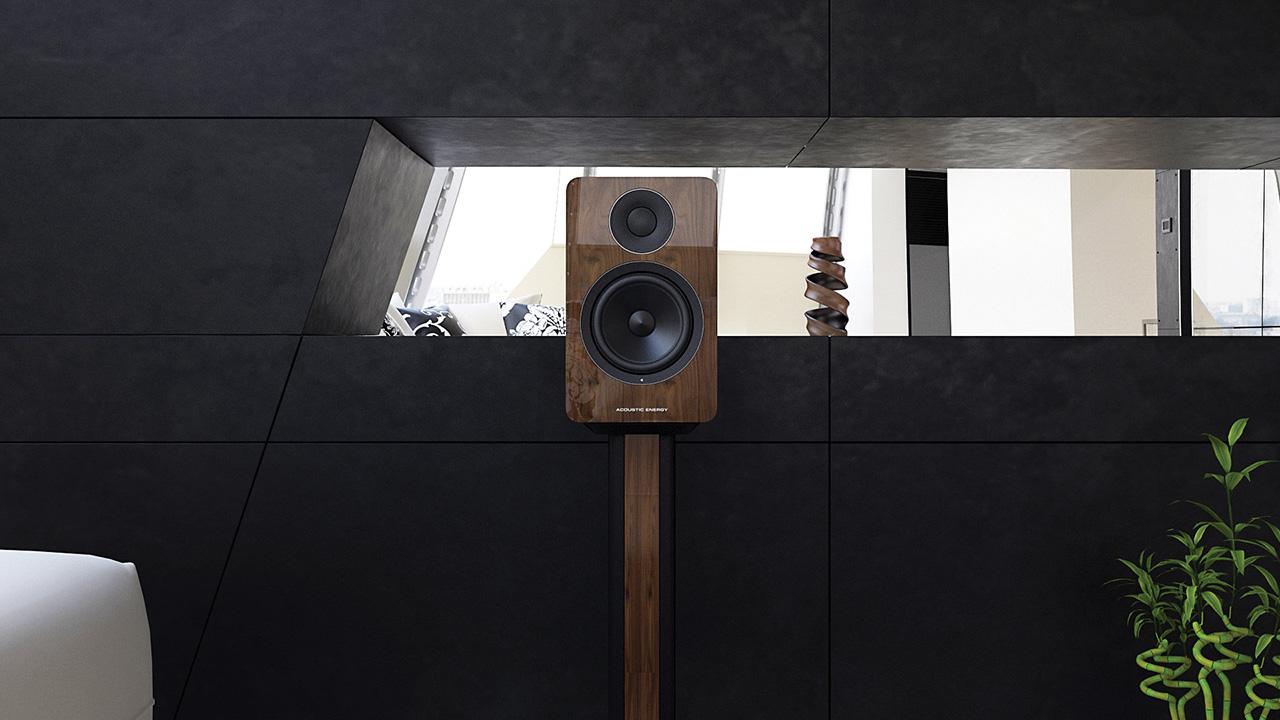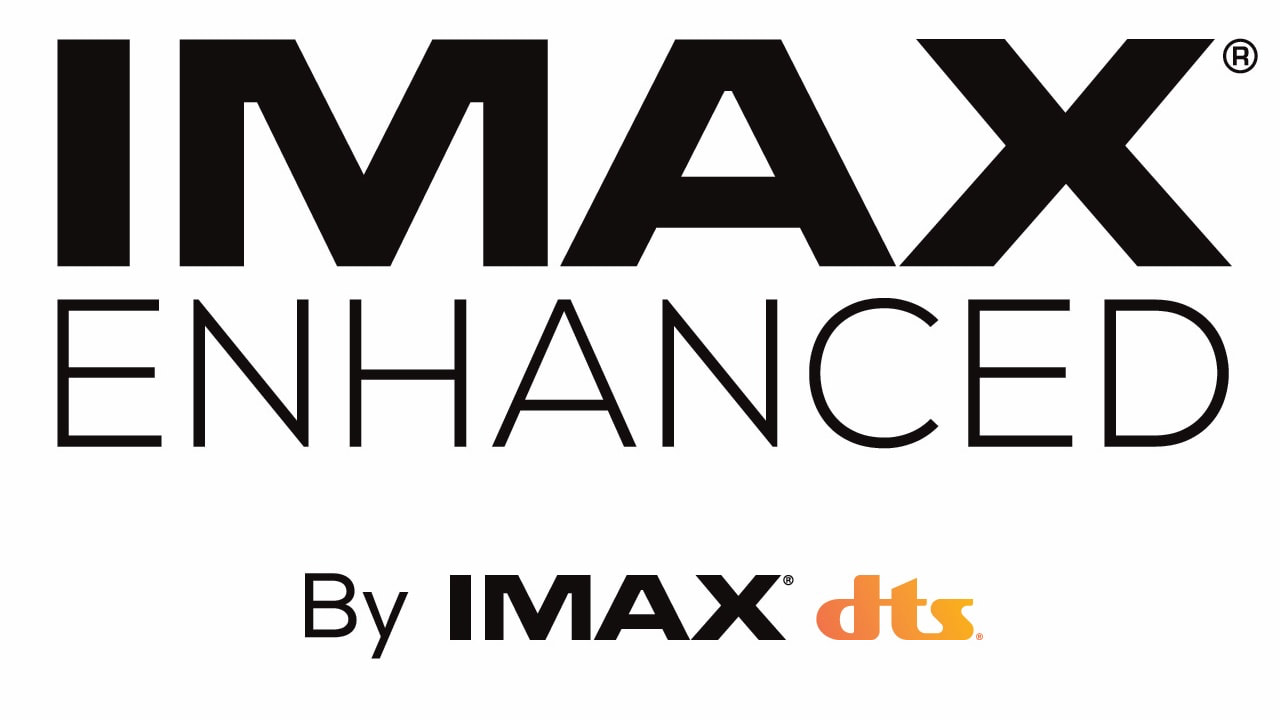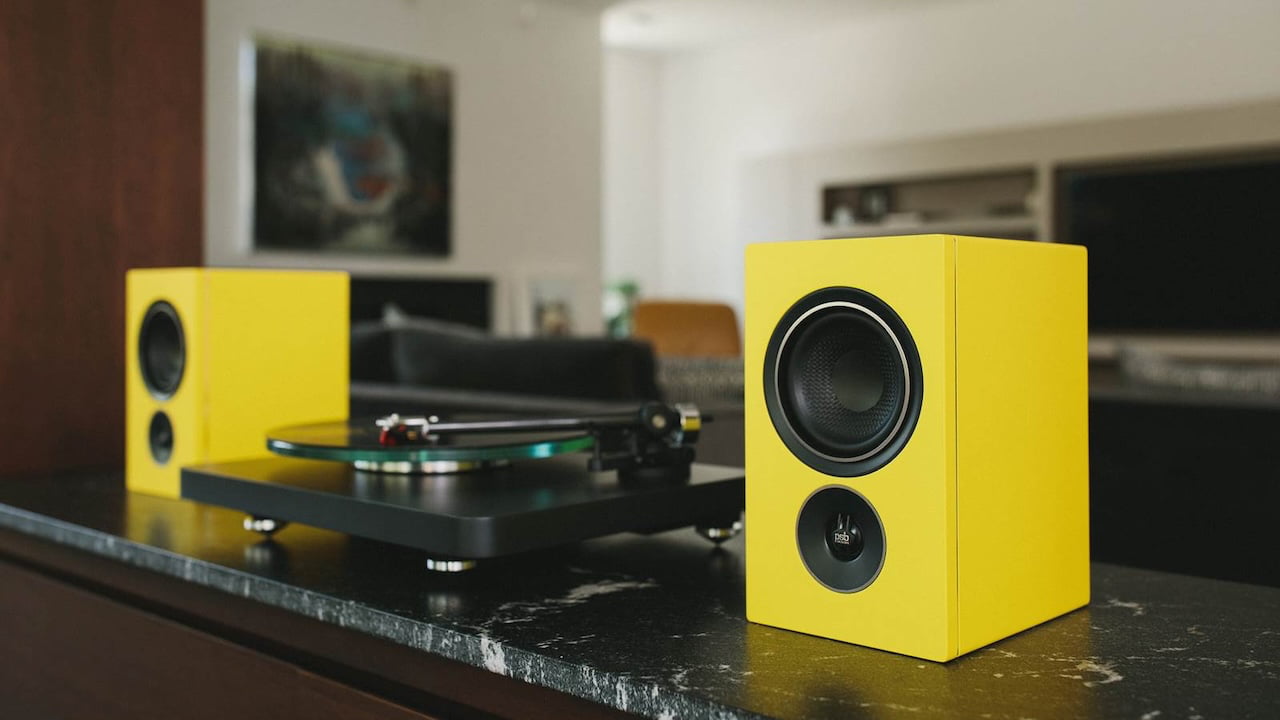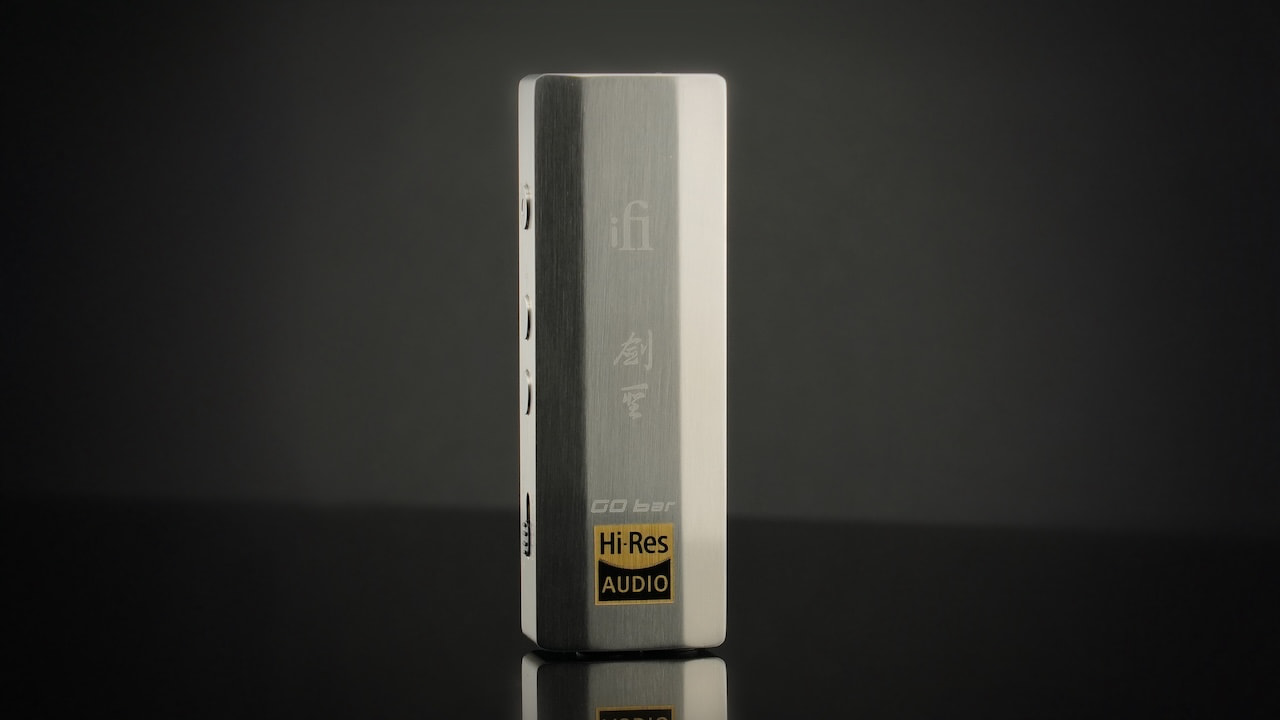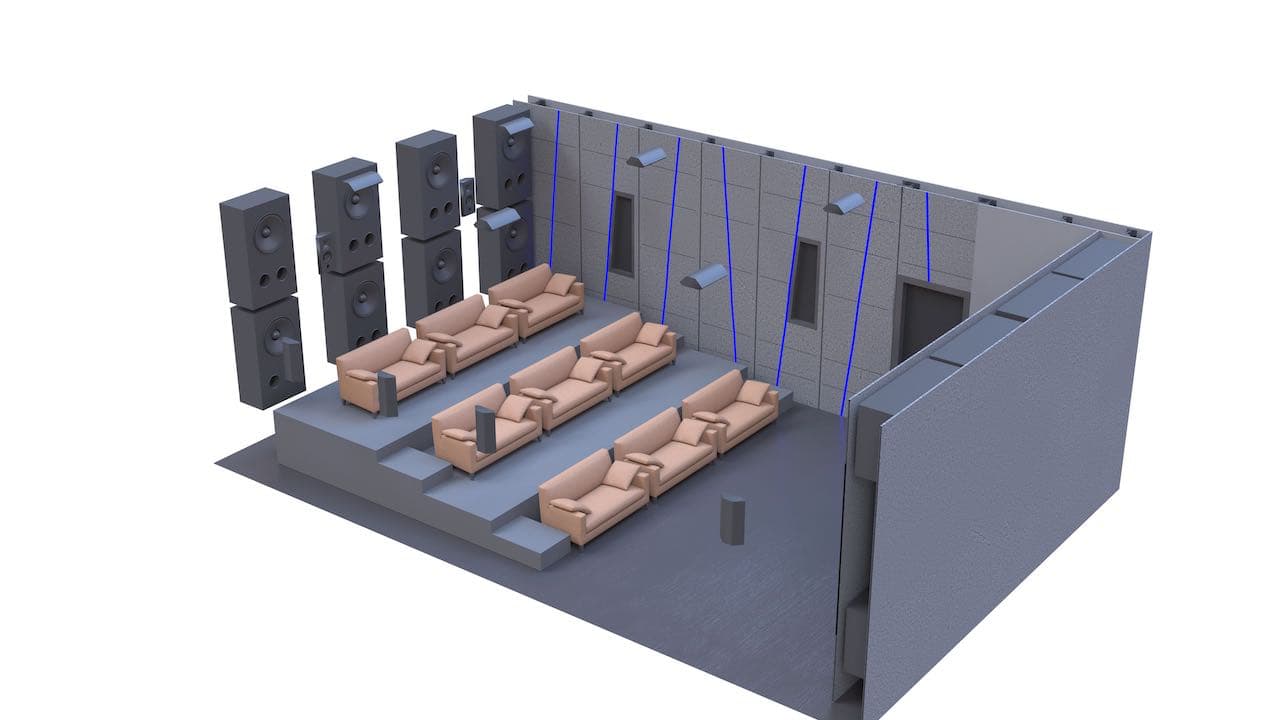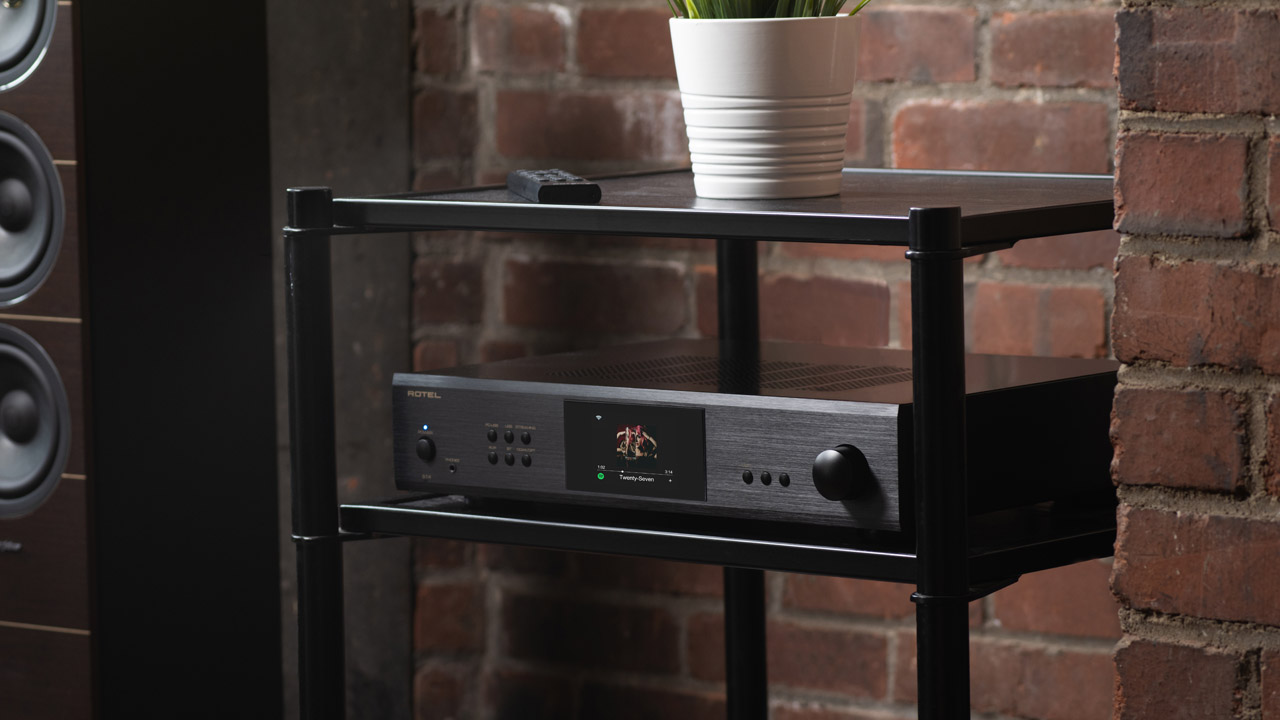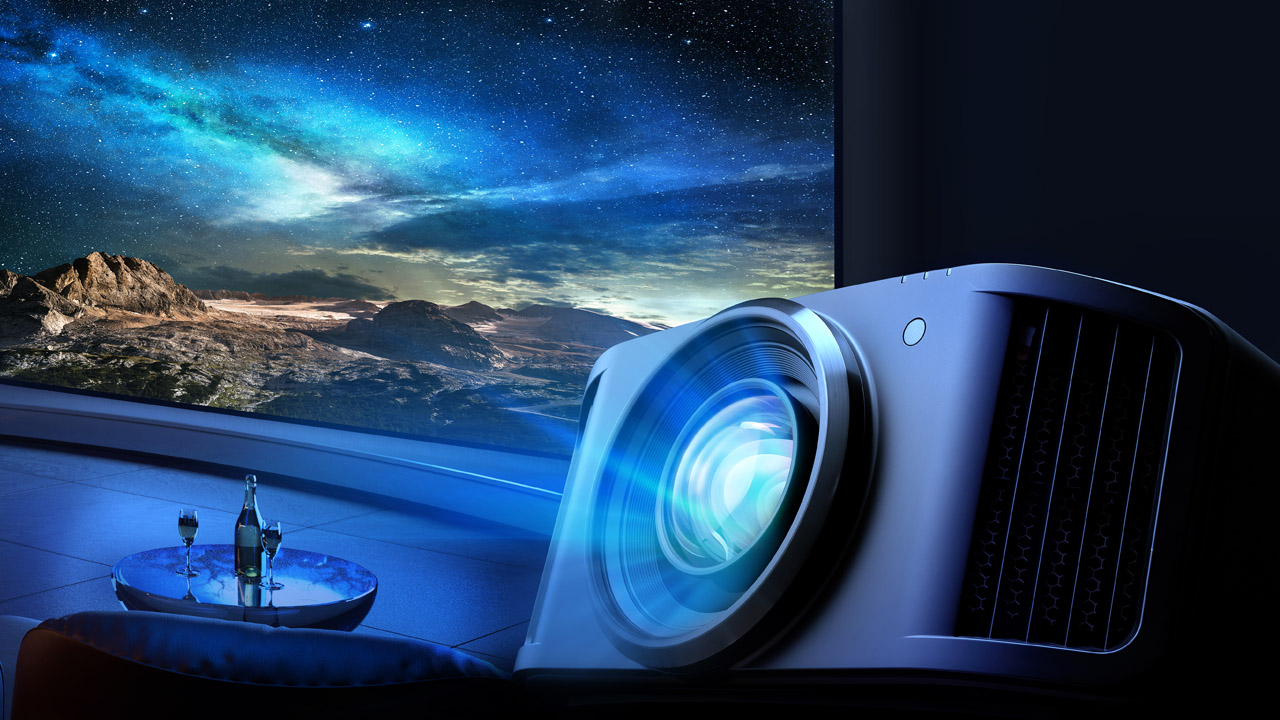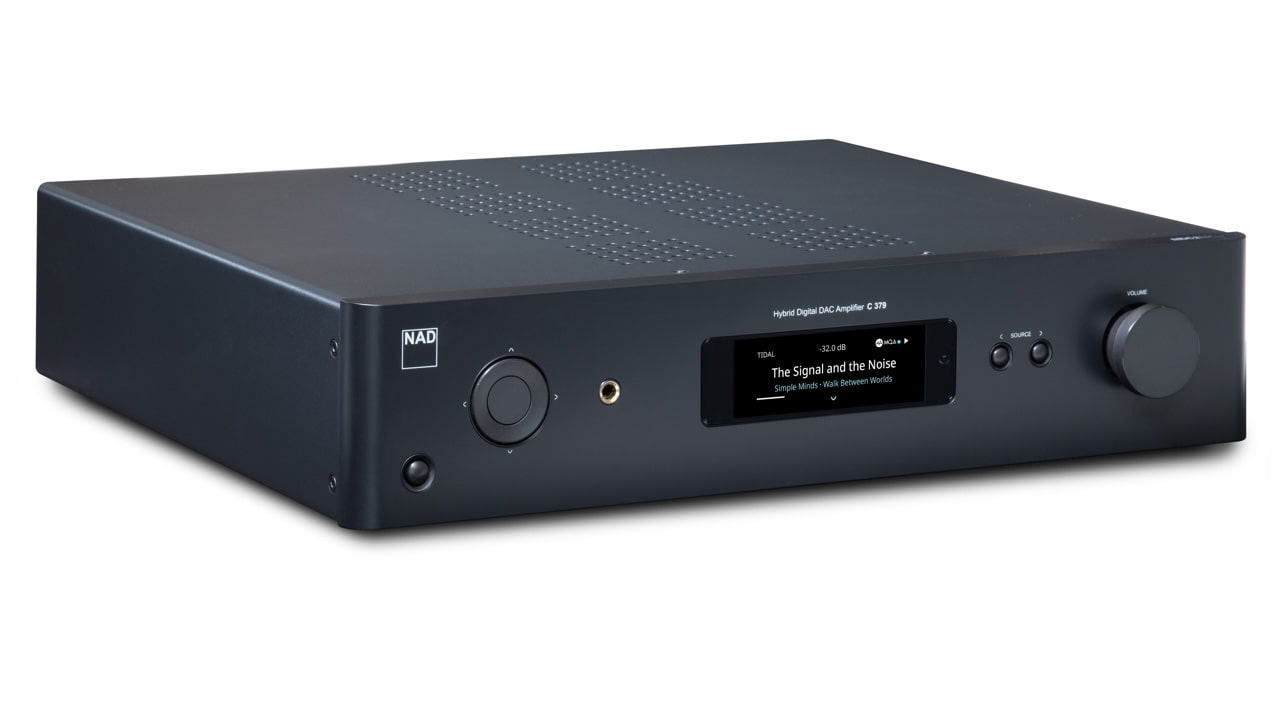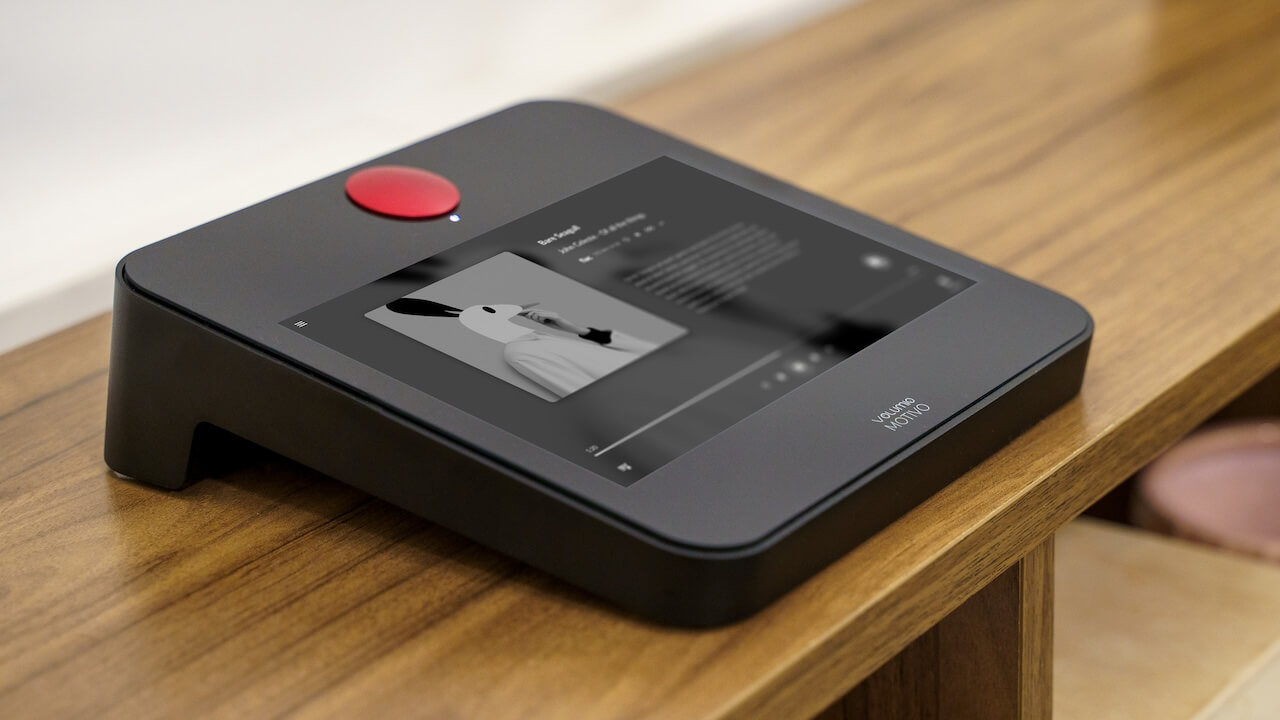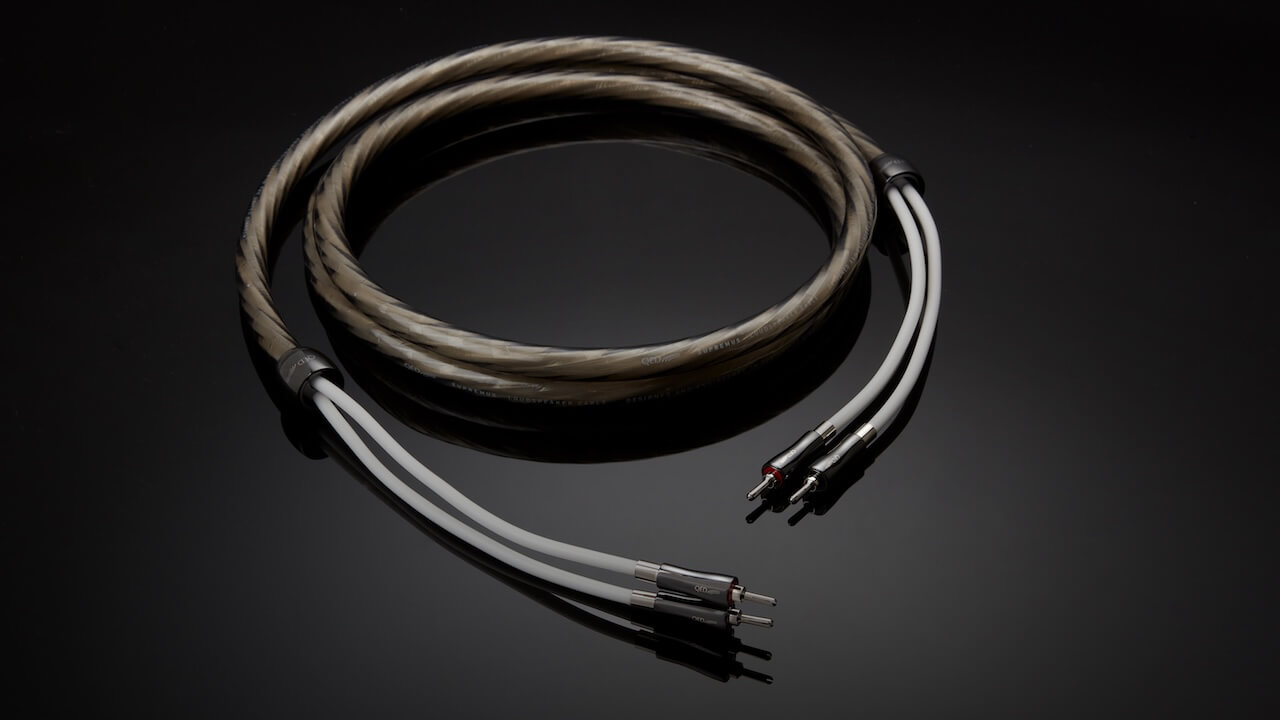Was there a lot of new innovation in the wireless earphones space in 2023? Not really and we know that because most of the models that we were sent to review were revisions of existing products that have only been on the market for under two years. There were a few that offered significant changes but most were rather minor. Astell&Kern’s UW100MKII True Wireless Earphones caught my attention because the previous iteration did not exactly exceed our expectations.
Would this new version fix some of the issues that caused a mixed review and take a large step forward or would the changes make it a middle of the pack contender?
Unboxing
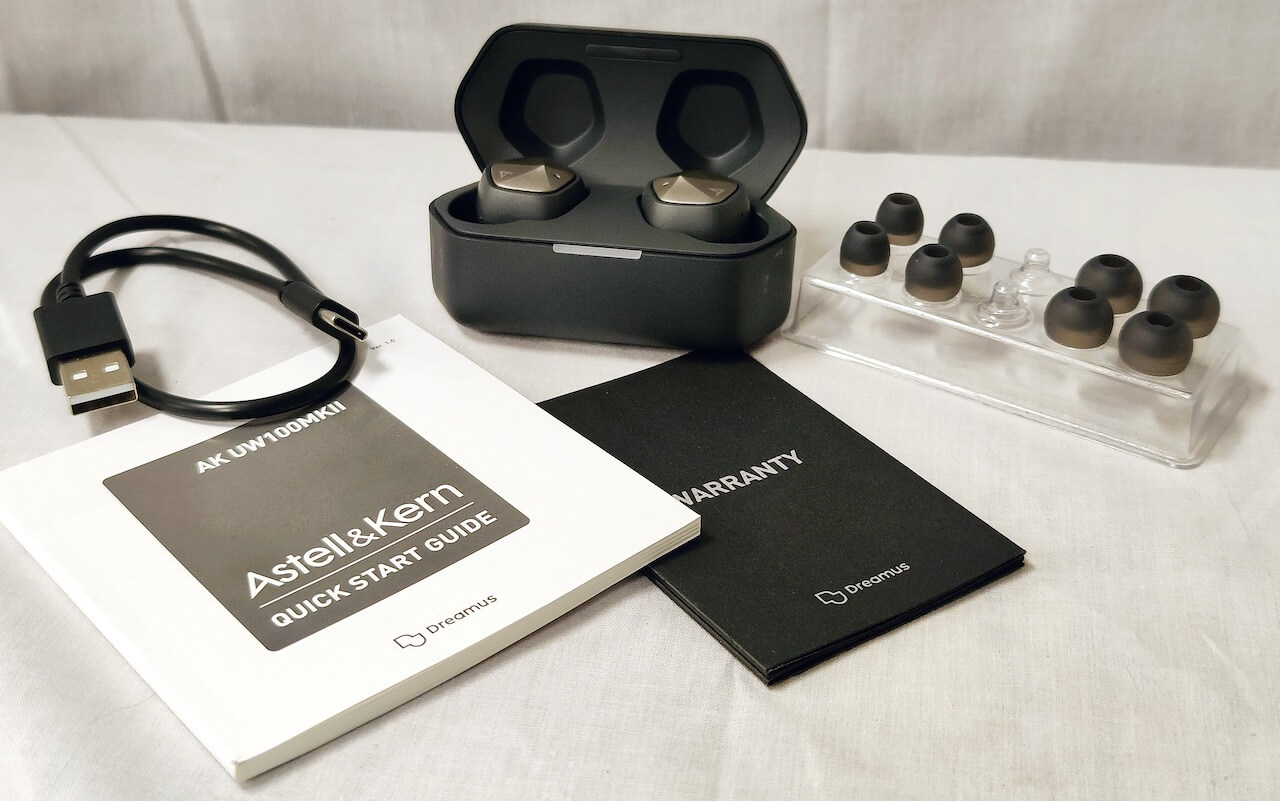
Aside from the “MKII” branding on the packaging, one would be hard pressed to tell the two boxes apart; the supplied kit contains the earbuds, charging case, USB charging cable, and manual.
Removing the charging case provides the first clue that something has changed; the case is now smaller and the corners are cut to give the case a flattened hexagonal shape rather than the rectangular case of the original.
The shape finally makes the charging case easier to carry in one’s pocket which was a major knock against the original.
Design
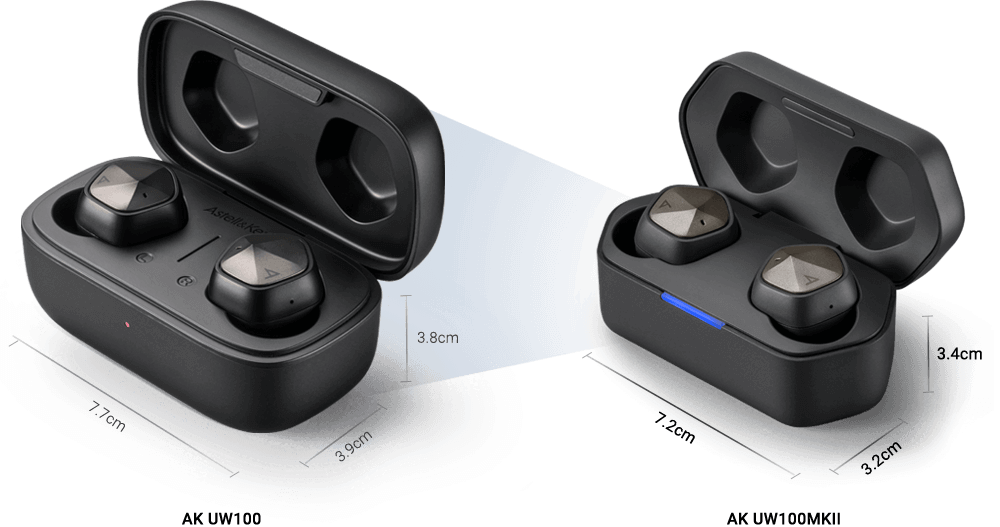
Looking at both models together, the industrial design of the UW100MKII remains unchanged from the original. The pentagon shape is a clear point of differentiation for all of the Astell&Kern designs.
Tip: See more differences between UW100 vs. UW100MKII
The ear shells are constructed from a two-part matte grey plastic with a metal touch sensitive faceplate on the outer surface and three charging contacts and an LED indicator lamp on the underside.
The nozzles are part of the inner shell with a pronounced lip for tip retention. The sizing is still the same, which means that these are one of the largest single balanced armature driver models on the market.
Those with smaller ears should certainly try them before making a purchase.
Astell&Kern has updated the IPX rating of these earbuds with the Mk II being IPX4 rated so gym use should be fine, just don’t submerge them.
The market is heavily invested in wireless earbuds that can get wet — making this a rather strange design choice.
The inside of the charging case is also the same; we were able to fit the previous generation inside without issue and that also applies to the MKII model and the original case.
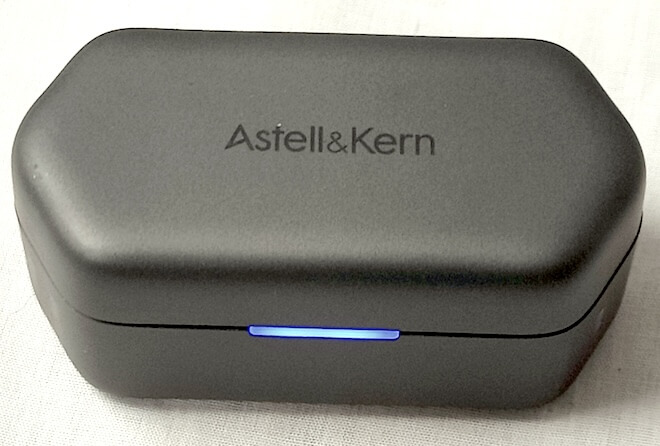
There is a slight seam along the front of the case that makes it easier to open and it also offers an LED charge indicator to give users an update.
The USB Type-C charging port is immediately below the hinge on the rear of the case. This design allows the case to be opened while charging which is a nice touch.
Wireless and fast-charging are both supported by the case.
Internally, Astell&Kern have gone with a Knowles Balanced armature driver, and Qualcomm 5141 Bluetooth 5.2 chipset that offers AptX Adaptive, AAC, and SBC codec support.
In addition, there’s an AK4332ECB audio SoC that contains a monaural 32-bit DAC as well as a headphone amplifier in a single chip solution designed by AKM specifically for wireless IEMs.
The ear shells also house 4 microphones (2 per ear piece) and a battery designed to deliver 9.5 hours (based on Astell&Kern’s specifications) of playtime.
No ANC?
The UW100MKII rely on passive noise isolation instead of active noise cancellation (ANC); this methodology preserves battery life and negates any concerns about ANC negatively impacting sound quality.
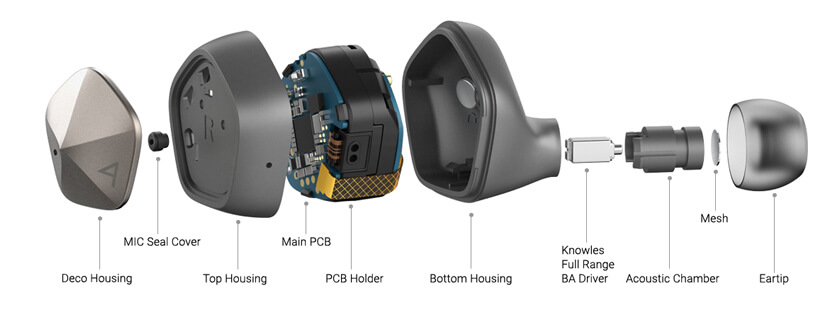
The passive isolation proved to be rather effective; Astell&Kern claim that their “solution” offers up to 40dB of noise reduction which was impossible to measure, but it certainly does offer a positive experience.
The controls are touch sensors for common controls and a companion app for adjusting DAC filters, equalization, and ambient modes.
The touch controls can also be customized with the control app should the user desire. Firmware updates are also delivered by the app so even if you intend to use the touch sensors only for daily use, you’ll want the control app installed on your iPhone or Android phone for access.
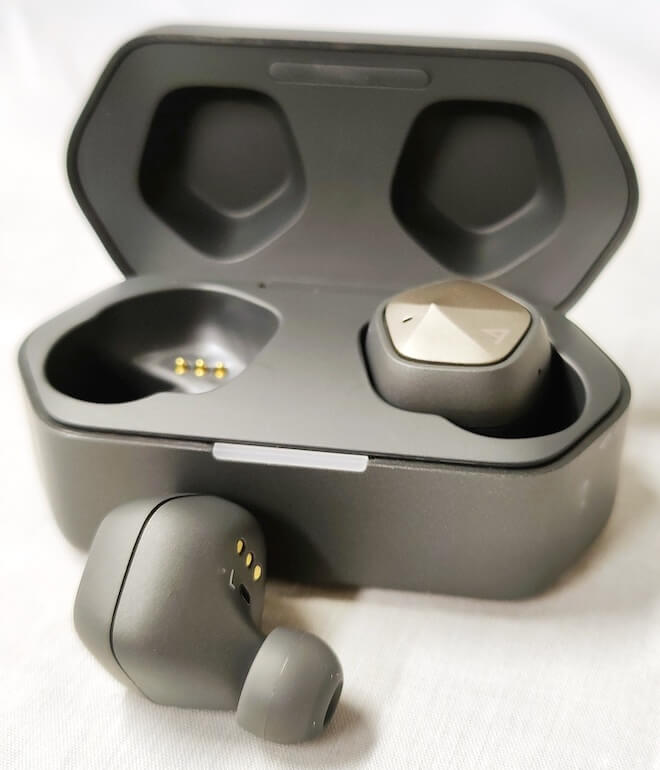
Connectivity
Bluetooth performance was rather good as long as distances were kept reasonable; we managed to achieve a strong signal up to 30 feet and through a single interior wall separating the source device and the earphones.
Once we introduced another wall and additional distance, the signal was lost more than a few times. Walking around outside with the phone on my deck, the earbuds kept the signal rather reliably up to 33 feet.
One thing to remember is that if the source device does not support aptX Adaptive, the earbuds would drop back to standard aptX. This was the case when paired with Astell&Kern’s Kann Alpha which supports aptX HD, but not Adaptive.
My iPhone 14 paired using AAC and a Dell laptop running Windows 11 connected using SBC; the testing proved that the earphones will work with a wide range of source devices, but that the sound quality was impacted by the specific source and codec.
For the majority of my testing, I paired the UW100MKII with a Snapdragon Sound certified Android smartphone using aptX Adaptive and listened to FLAC files through Qobuz.
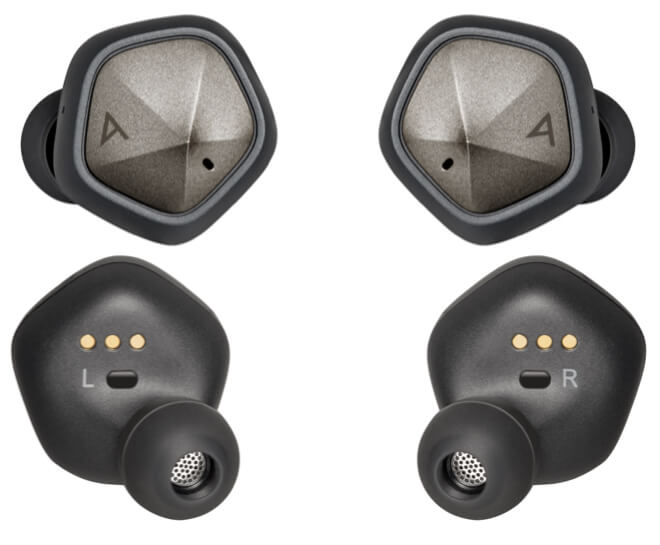
Sound Notes
The sub-bass range compared to other popular models takes a slightly different approach with a focus on accuracy; bass notes are tight and quick with a mild degree of texture.
The mid-bass does not deviate from that approach with solid control and speed and a modest degree of presence in the mix.
Those looking for slightly more impact can adjust the EQ, but the range is all about control as opposed to skull rattling impact. Astell & Kern made the right choice with the tuning in terms of clarity and definition.
There is no bleed into the lower midrange and it offers good detail and tonal weight, but one can understand how some on their first listen might feel that the midrange comes across as somewhat veiled; which is not unlike the complaint leveled against Sennheiser’s HD6xx series.
You hear it at first but then it disappears into the background.
It may seem odd that the midrange can both be slightly veiled and well detailed and clean, but Sennheiser proved it could be done years ago and the MKII follows that same pattern.
Guitars have good growl and strings have good energy as well with a touch more energy sneaking in as we move up through the range.
The MKII remains fairly neutral throughout with no real spikes or noticeable dips throughout the midrange.
Female vocals have solid clarity and presence without being pushed too far forward of the instrumentation.
The transition from the upper midrange into the treble is rather seamless with very good clarity and detail. Percussion has excellent snap.
But as we move further up into the treble range, it begins to become more polite sounding with less energy. It trades some detail for a less fatiguing presentation, which does limit the amount of airiness and detail at the very top.
Another advantage of the EQ, is that one can boost the treble somewhat which created a more spacious sounding presentation with additional detail.
The soundstage performance was surprisingly good for a closed back IEM with more width than depth overall. The sense of height is limited.
When one considers that the UW100MKII are designed to provide greater passive isolation, the imaging and stereo separation are rather impressive. Instruments are locked firmly in place and one can place everything across the soundstage.
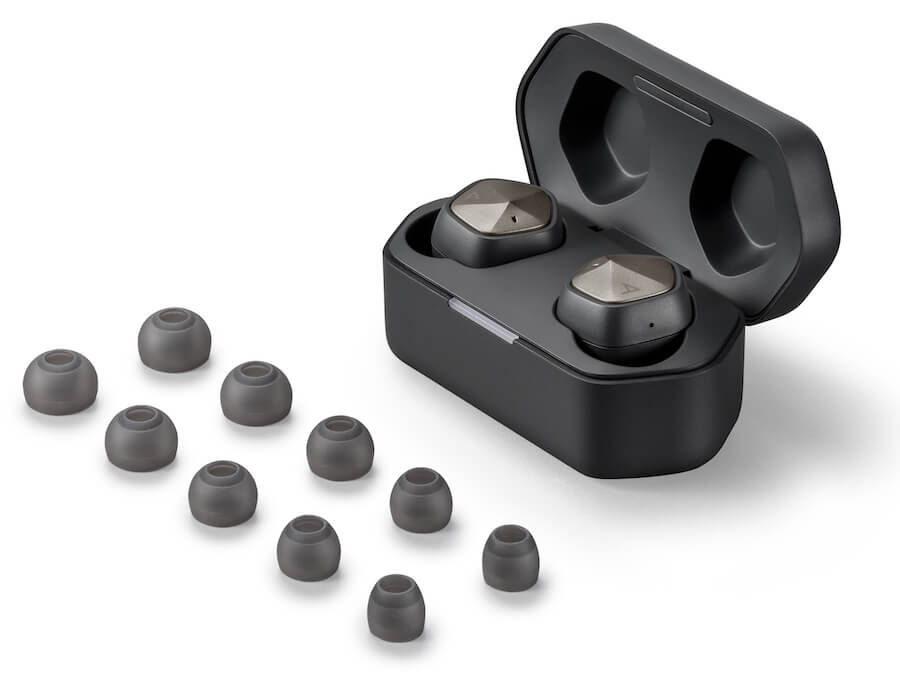
Final Thoughts
Some might bemoan the absence of ANC on the Astell&Kern UW100MKII, but the reality is that the passive isolation is rather effective and in a market where many of the models that offer ANC lose a lot of their lustre with it engaged, the second version of these wireless earbuds definitely stand out for their excellent sound quality.
I was not a huge fan of the original model, but it is clear that Astell&Kern took some of the market criticism and corrected some of it.
Are they perfect? Hardly. But do they stand out in a very crowded market? Indeed.
Where to buy: $299 at Audio46
Related Reading:

